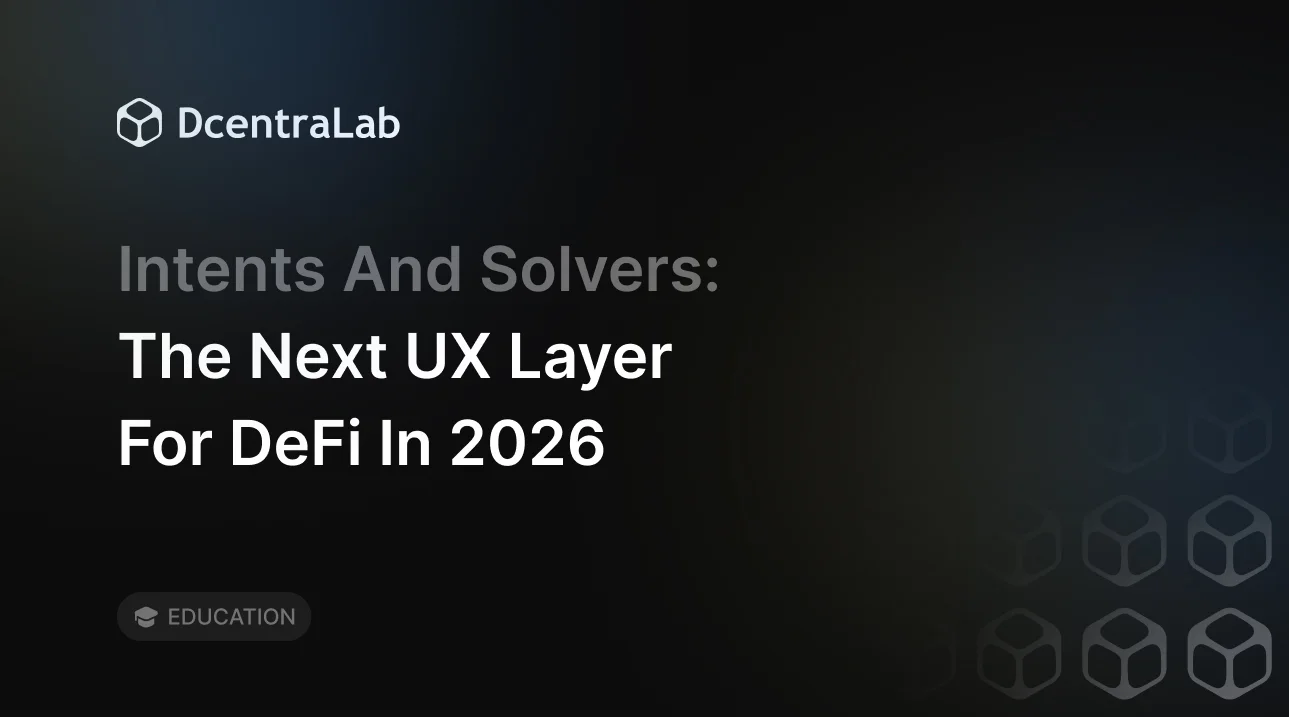The Role of Bug Bounties in Crypto Security

In the rapidly evolving Web3 world, security stands paramount. With billions at stake and a growing user base, safeguarding digital assets and platforms from malicious actors has become critical.
With bug bounties, organizations reward ethical hackers for uncovering vulnerabilities before they can be exploited.
Understanding Bug Bounties
Bug bounties are a cybersecurity initiative that incentivizes ethical hackers to uncover and report vulnerabilities in software, websites, or systems. These programs offer high rewards, creating a structured framework for security exploration and improvement. In cryptocurrency and blockchain, bug bounties gain significance due to the complex nature of smart contracts and the potential consequences of minor vulnerabilities.
Blockchain projects and exchanges initiate bug bounty programs, specifying the scope and eligibility for researchers. Ethical hackers employ various tools to scrutinize targeted systems, aiming to discover exploitable vulnerabilities. Upon discovery, researchers responsibly disclose findings, and the project team verifies and assesses the severity. Valid and critical vulnerabilities are rewarded per the program's structure, emphasizing the collaborative effort to enhance security against potential threats.
Converting Black Hats to White Hats
Bug bounties present a transformative opportunity for black hat hackers, offering a legitimate path to utilize their skills while avoiding legal repercussions. The Poly Network Exploit in August 2021 exemplifies this shift.
After orchestrating the largest crypto hack, siphoning over $610 million, the hacker began returning the funds. With Poly Network's proactive approach, offering a $500,000 bounty and a role as "chief security advisor," the hacker's actions evolved from malicious to constructive. This incident underscores the power of bug bounties in channeling expertise towards positive contributions.
Importance of Incentivizing Vulnerability Discovery
Incentivizing ethical hacking taps into a profound psychological principle: humans are driven by rewards and recognition. By offering bounties, crypto projects not only bolster their security but also attract top-tier talent eager for challenges and rewards.
Economically, these initiatives preempt potential massive financial losses from malicious attacks. Reputationally, projects that actively promote and reward ethical hacking demonstrate transparency, responsibility, and commitment to user safety,
Types of Vulnerabilities Targeted
Smart Contract Vulnerabilities
Smart contracts, while revolutionary, are not immune to flaws. One prevalent vulnerability is Reentrancy, where attackers can exploit a function's re-entry before it completes its operations, putting funds at risk. Integer Overflow and Underflow are calculation mishaps that can lead to unpredictable and sometimes malicious outcomes. Additionally, Logic Errors can inadvertently allow users to bypass intended restrictions or cause unintended consequences. Lastly, Access Control Issues arise when weak protocols permit unauthorized entities to execute actions or access confidential data.
Wallet Vulnerabilities
Wallets are the gateways to crypto assets, but they come with their own set of vulnerabilities. Private Key Compromise stands out as a significant threat; if these keys are exposed due to insecure storage or transmission, malicious actors can access and drain funds. Another concern is Transaction Manipulation, where flaws in wallet software or interfaces allow unauthorized alterations of transactions before they're confirmed on the blockchain.
Blockchain Infrastructure Vulnerabilities
The very backbone of decentralized systems, blockchain infrastructures, can be targeted too. Consensus Mechanism Attacks exploit algorithm weaknesses, disrupting legitimate block production or introducing fraudulent ones. Additionally, network attacks aim to disrupt communication channels and overwhelm nodes to prevent transaction processing.
dApp Vulnerabilities
dApps introduce a layer of complexity. Front-end interfaces, despite their user-friendly nature, can be susceptible to traditional web vulnerabilities like cross-site scripting (XSS) or injection attacks. Moreover, API Security Issues can arise where insecure communication links between dApps and back-end services compromise data integrity or open doors to unauthorized operations.
Oracle Manipulation
Oracles serve as bridges between blockchains and external data sources. However, when manipulated, they can feed Data Falsification into smart contracts. This false data can mislead contracts into executing based on inaccurate information, leading to undesired outcomes.
Governance Attacks
Governance mechanisms, pivotal for decentralized decision-making, are not immune to manipulation. A prime example is Vote Manipulation, where vulnerabilities in governance structures are exploited to influence voting outcomes or decision-making processes.
Case Studies: Successful Bug Bounty Programs
In addition to the previously mentioned Poly Network Exploit, the Transit Swap Hack in October 2023 also highlighted the benefits of bug bounty programs. After siphoning off $23 million through an internal bug, the perpetrator opted for a dialogue with the Transit Swap team. The eventual resolution was marked by the hacker's decision to return the seized assets in exchange for a bug bounty.
Another known case was the HTX Hacker in September 2023. Following the unauthorized acquisition of 5,000 ETH (approx. $8 million), the hacker, rather than capitalizing on the theft, returned the entirety of the stolen funds. In recognition of this ethical gesture, a bug bounty of 250 ETH was conferred, underscoring the tangible benefits of robust bounty programs.
DcentraLab’s Products and Bug Bounties
DcentraLab underscores its commitment to security by implementing active bug bounty programs across its flagship products: Hord, ChainPort, and TokensFarm. These initiatives incentivize ethical hackers and researchers globally, offering rewards for identifying and reporting vulnerabilities.
How Bug Bounties and Audits Work Together
Bug bounties and security audits are both indispensable tools for bolstering the security posture of Web3 projects. Bug bounties harness the collective intelligence of a global community of security experts, allowing for continuous, real-world testing in exchange for rewards. This crowd-sourced approach offers a dynamic, cost-effective method to detect and address vulnerabilities that might be overlooked in traditional audits.
On the other hand, security audits provide a structured, comprehensive evaluation of a project's codebase, infrastructure, and protocols. They act as a proactive measure to preemptively identify and rectify potential security issues, thereby safeguarding user assets and enhancing project credibility. Moreover, audits can be a requisite for institutional investors, further emphasizing their importance.
Together, bug bounties and security audits create a synergistic security framework.
DcentraLab Diligence is a leading blockchain security firm specializing in smart contract audits and security consultations. The seasoned team brings unparalleled expertise in blockchain development and cybersecurity, ensuring the utmost integrity and resilience for Web3 projects. Get your smart contracts audited today!


%20Payments.webp)
